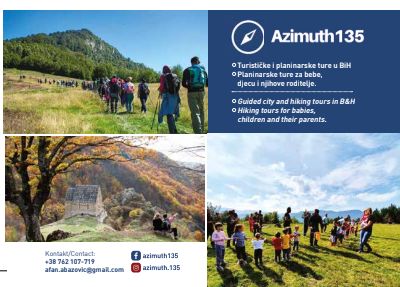October is the month in which we remember the most important figures of the medieval Bosnian Kingdom— Tvrtko I Kotromanić, the first king who was crowned in October, and Katarina, the penultimate Queen who passed away in October.
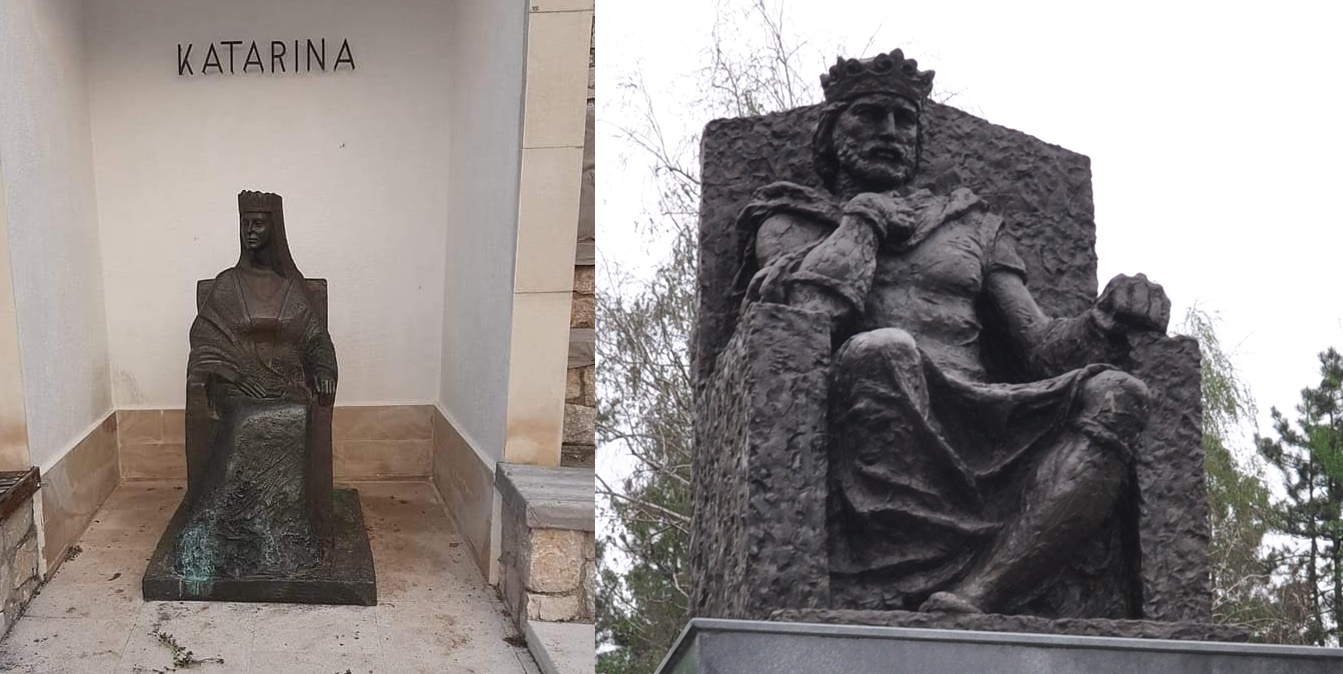
In Bosnian kings’ capital—Kraljeva Sutjeska—from 24-26 October every year women wear black, i.e. folk costumes, because that is when the anniversary of the death of Queen Katarina, a woman with a big heart, is celebrated. She was made blessed, and that is why there is a statue of her inside and in front of the Church of the Franciscan monastery of St. John the Baptist.
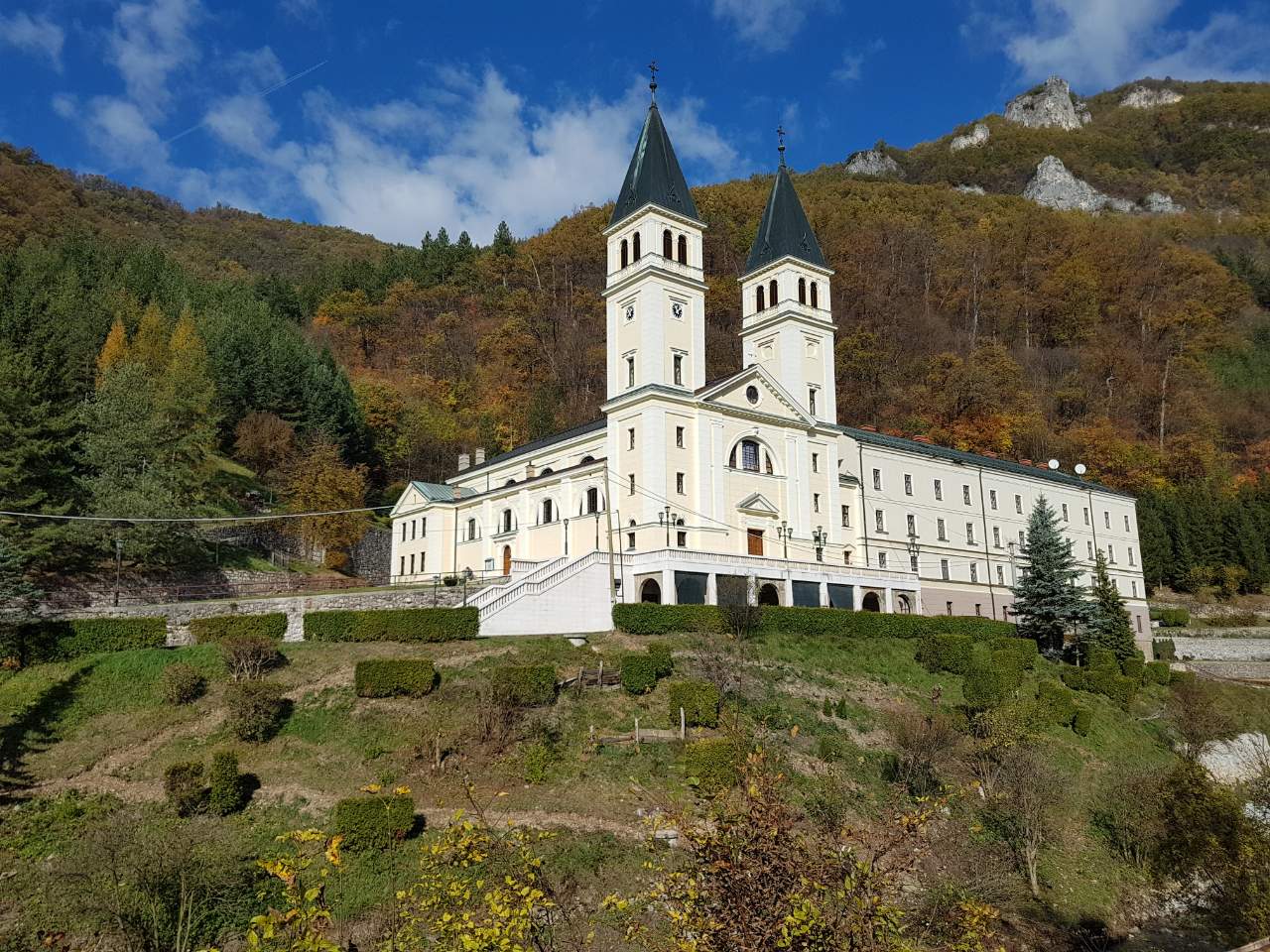
On 25 October 1478, far from her children and homeland, Katarina Kosača Kotromanić passed away. She embodies nearly all Bosnian identities: she was the daughter of a Bosnian Christian father and an Orthodox mother, and was she also the wife of a Roman Catholic, which is why she is said to represent Bosnia in miniature.
Katarina was born and raised in Blagaj, as the daughter of Stjepan Vukčić Kosača, a prominent Bosnian nobleman, and Jelena from the noble house of Duke Balšić of Zeta, the granddaughter of Serbian Prince Lazar. She was the wife of Stjepan Tomaš Kotromanić, the prominent heir to the throne, and with their marriage Herzegovina and Bosnia were unified. Katarina spent most of her childhood in Blagaj, her hometown, and when she got married she lived at the Bobovac Royal Court. In marriage, she gave birth to a son, Šimun, and a daughter, Katarina.
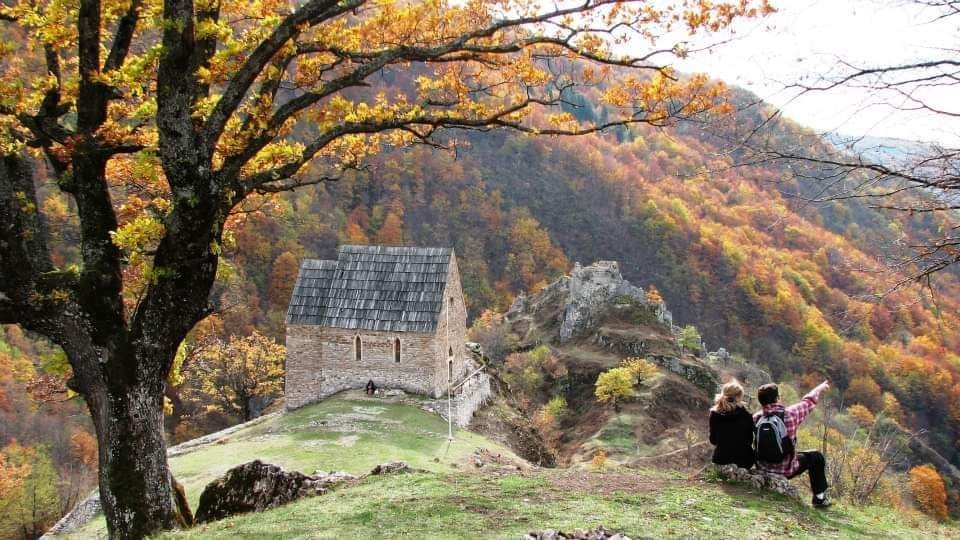
Her peaceful life as the queen and widow with two children did not last long, because only two years later the Ottomans conquered Bosnia. Stjepan Tomašević lost his life in that invasion. Katarina’s two children were taken into slavery, while she herself managed to escape to Dubrovnik. She remained there as a representative of the Bosnian Kingdom for three years in vain, waiting for any news about her children that she would never get to see again. She left Dubrovnik in 1466 and settled permanently in Rome.
Every October we also remember King Tvrtko. In the long and rich history of Bosnia and Herzegovina, his name is written in golden letters, because Tvrtko I Kotromanić made the Banate of Bosnia the strongest kingdom in the Balkans from the second half of the 14th century to the second half of the 15th century.
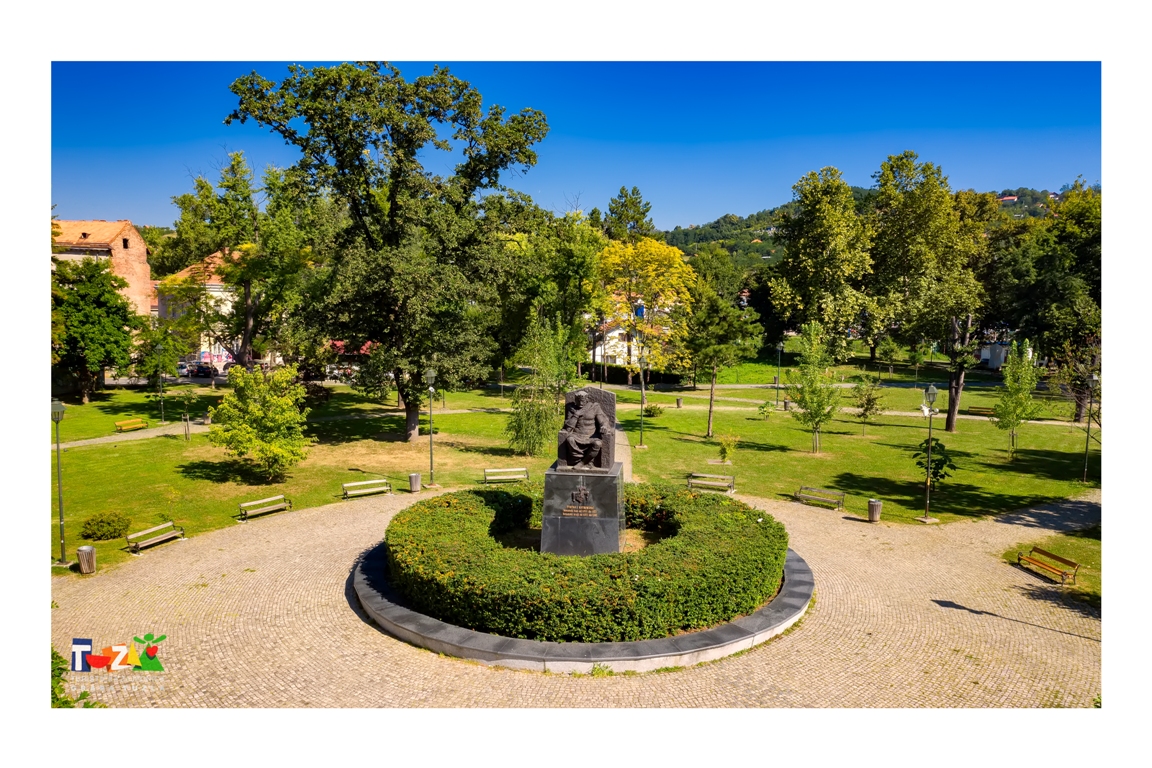
The Kingdom of Bosnia was established on 26 October 1377 when Tvrtko I was crowned in Mile, not far from Visoko. Medieval Bosnian borders have been largely preserved to this day. From being a boy with the title of Ban, Tvrtko became the first and most influential Bosnian king.
The fact that Tvrtko was a great ruler and leader is confirmed by records which indicate that the Kingdom of Bosnia became a significant factor in international relations, and Tvrtko’s palace became a place of diplomatic activity of countries whose officials had to consider Bosnia as a serious actor in the events of that time. Bosnian King Tvrtko I enjoyed an international reputation.

Tvrtko I also contributed to political stability, and there was significant cultural and spiritual progress, which made Bosnia the most powerful South Slavic country and Tvrtko the greatest ruler in the history of medieval Bosnia and even later. During Tvrtko’s rule, Bosnian towns developed, trade and mining flourished, and economic power is best reflected in the fact that the Bosnian gold coin was four times the size of the Ottoman one.
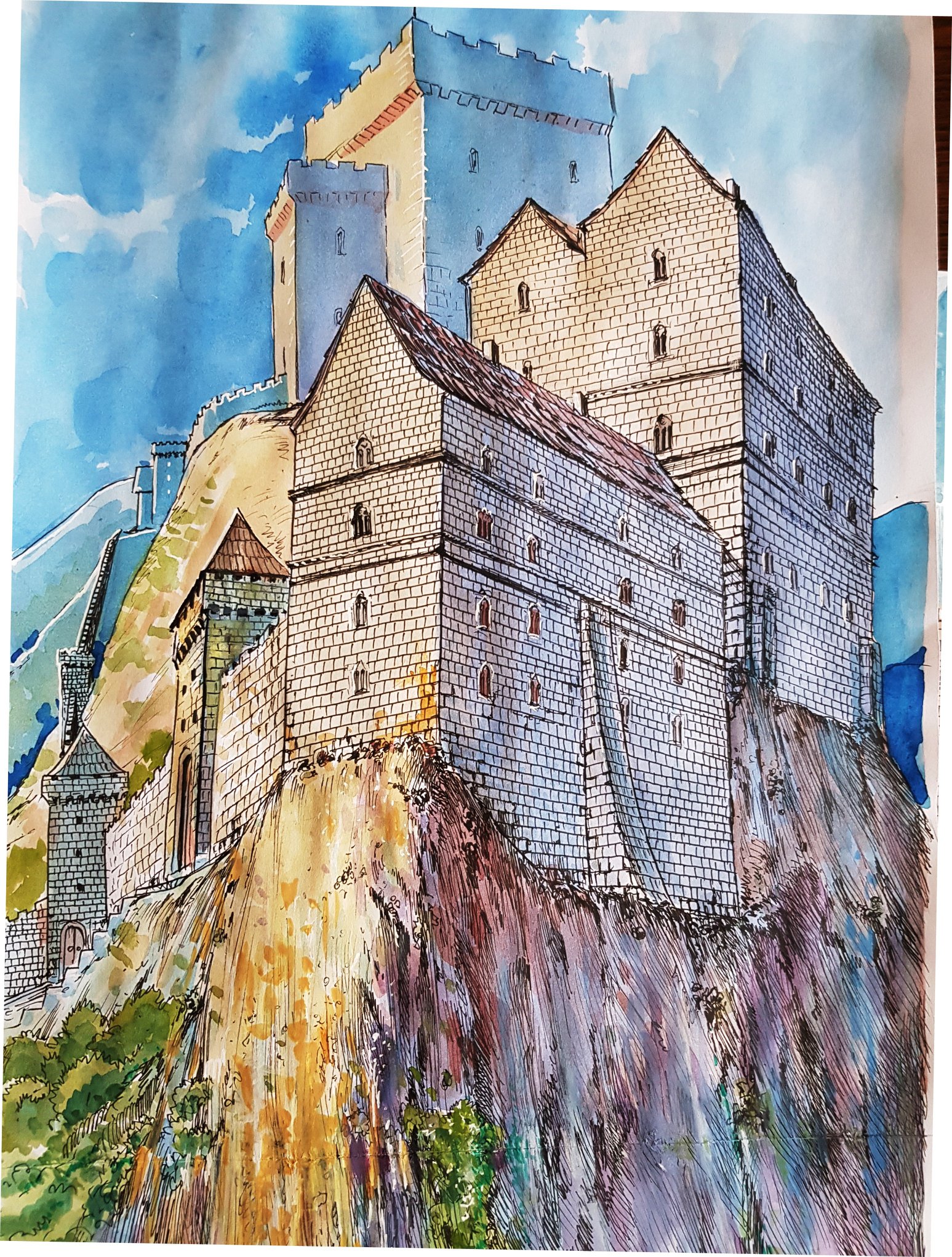
The Bosnian royal crown and the royal tomb chapel were kept in Bobovac. Three Bosnian kings were buried there: Stjepan Ostoja, Tvrtko II Kotromanić, and Stjepan Tomaš Kotromanić. The only fully preserved building in Bobovac is the mausoleum that Queen Katarina built for King Tvrtko after his death.
Every year, on the occasion of the anniversary of the coronation of King Tvrtko and on the Statehood Day of Bosnia and Herzegovina, the Azimuth 135 Association from Zenica organises hiking tours to Bobovac.
